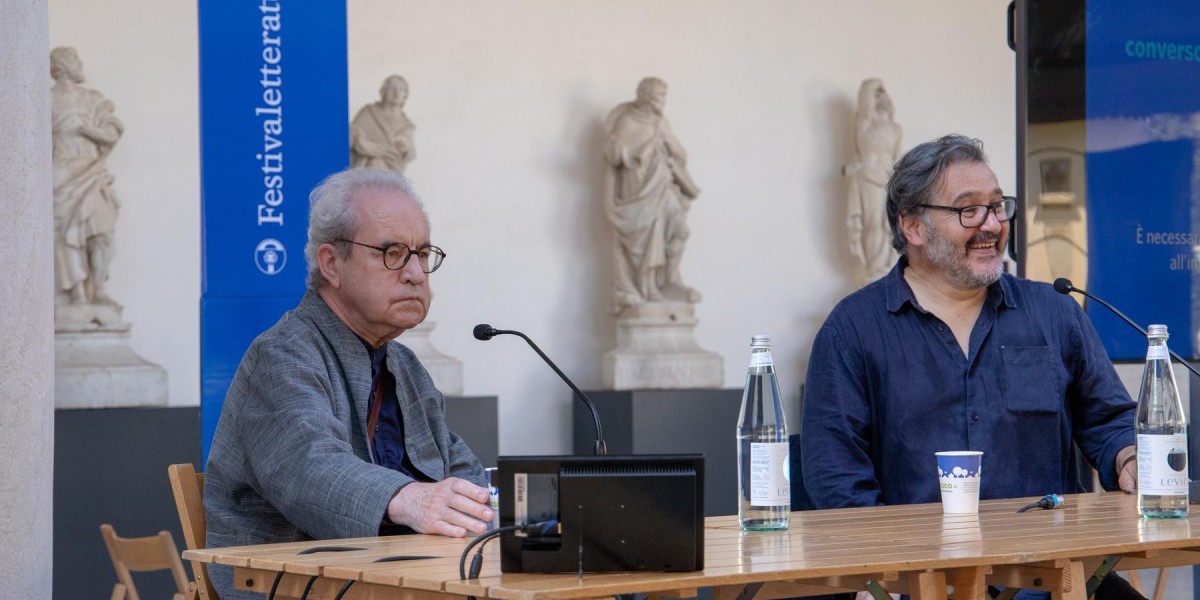
Banville's relentless astonishment still charms amidst winds of change
There are two types of novelist, according to John Banville. Some write novels conceived as vehicles of change or subsequently anointed as such. Banville doesn’t scoff at this notion: he admires but “cannot love” the likes of Vasilij Grossman, summoned by a combative audience member a tad taken aback by Banville’s remarks. Banville belongs to a second type of literary institution, adamantly disinterested in changing the world. As a citizen, yes; as a writer, it's just pointless.
Banville’s craft then, has the sole purpose of “intensifying what it means to be alive”. His aim is to express his “consistent, child-like astonishment” at the world around us, and at us, at our insides. Hearts, lungs and spleens hide beneath the skin of every human being, invisibly harmonious, inner cogs of wondrous machines. In his teenage years, he hoped to relay this astonishment through visual art, but failed miserably at painting. He turned to writing fiction, sitting at his desk into the early hours, waking up at 10 a.m. to write for a newspaper to once again pursue his vocation come nightfall.
Looking back at the past, “the only thing that’s real”, Banville proclaims his devotion for the written word, declaring sentences “our greatest invention”. And yet, whilst extensively quotable, his sentences falling in line like pearls on a necklace, he seems unshaken in another belief. We don’t speak, but rather “are spoken by language”, especially by the English language, which rapidly replaced Irish in the 19th century. And so what he has to write or say is rarely “good enough”. He describes himself as a master of mimicry, the prime example being his crime novels, written hastily in the shadow of Raymond Chandler.
Peter Florence, interviewing Banville with a contagious kind of engaged awe, looks on in disbelief at Banville’s take-down of himself. The audience, minus that one member (who heads towards Banville for more literary confrontation after the final applause), leaves equally charmed by the relentlessness of Banville’s baritone-voiced convictions. The wind blows forcefully in the garden of Palazzo San Sebastiano. “It must be Vasilij Grossman’s spirit!”, Banville quips, looking at the sky and asking for forgiveness.



